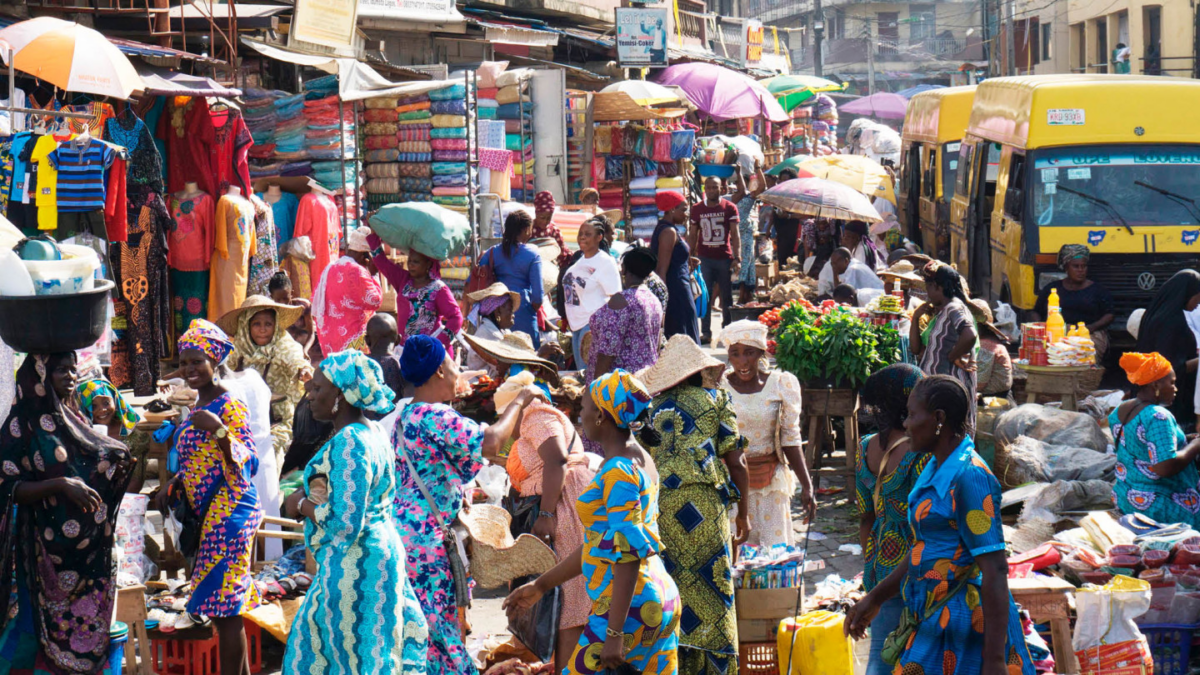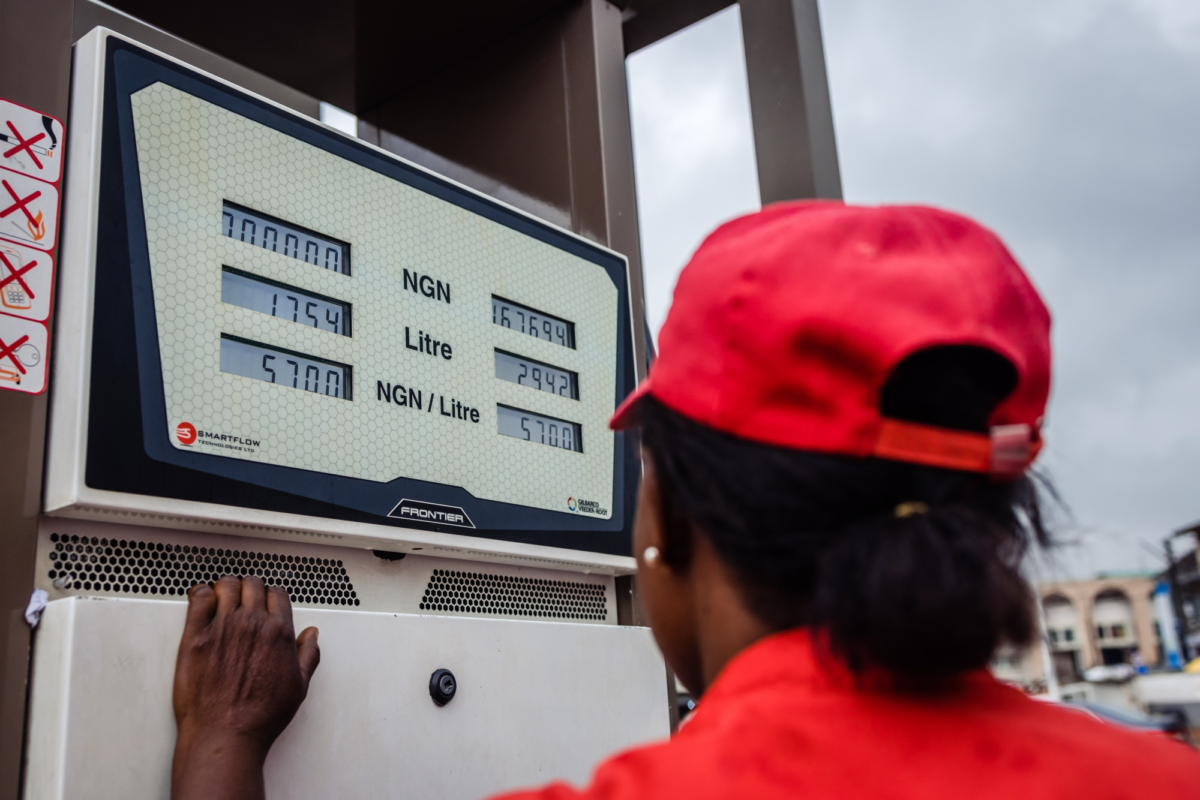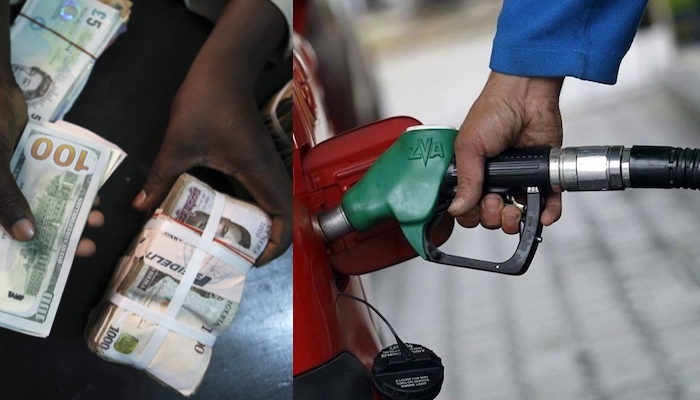As the sun rises on another day in Nigeria, so does the cost of living. Fuel and commodity prices have been on a steady climb, causing widespread concern among Nigerians. The African Development Bank has even warned of potential social unrest due to this escalating economic pressure.
Moreover the Nigerian National Petroleum Corporation (NNPC) has stated it has no immediate plans to increase petrol prices. However, the prices have already reached an all-time high of 617 Naira ($0.7802) per litre, a staggering tripling of costs over a single month. This rapid inflation has squeezed the finances of millions of Nigerians, leading to cries of despair from the masses.
The Root Causes of Nigeria Rising Fuel and Commodity Prices
Several factors contribute to Nigeria’s surging fuel prices, with the international oil market’s volatility playing a significant role. Nigeria, despite being Africa’s largest oil producer, lacks sufficient refining capacity, resulting in heavy reliance on imported fuel.
Currency devaluation and removal of subsidies have further exacerbated the problem, placing a heavier financial burden on consumers. Read Also: Gas Saver’s Guide: 23 Tips for Cutting Fuel Costs
Additionally, internal challenges such as infrastructure deficits, regulatory uncertainties, and mismanagement within the oil sector have aggravated the fuel scarcity.
Smuggling and the sale of fuel at prices above the official rate worsen the situation, undermining official efforts to stabilize the market and keep fuel affordable for the average Nigerian. These root causes have created a perfect storm, leading to the current crisis.

Potential Social and Economic Implications
The Nigeria rising fuel and commodity prices has far-reaching implications. Economically, it affects the daily lives of Nigerians as higher fuel prices lead to increased transportation costs, ultimately raising expenses for commuting and goods transport. This has significantly slowed down economic growth and exacerbated poverty levels.
The surging prices have also ignited social tensions, threatening to disrupt Nigeria’s fragile socio-economic fabric. According to a report from Nairametrics, experts from the African Development Bank caution that without swift and effective intervention, the rising cost of essentials could precipitate social unrest.
Already, the situation is causing grievance among different social classes, as the most vulnerable populations are disproportionately affected.
Trade unions and civil society organizations are sounding the alarm, warning that if the government fails to address the populace’s concerns, there may be a surge in protests and industrial actions. This looming threat of civil discontent underscores the need for immediate and comprehensive policy measures to mitigate the financial strain on Nigerian citizens. Read Also: The Top 7 African Nations with Affordable Lifestyles

Balancing Act: The Government’s Role
The Nigerian government finds itself in a precarious position. On one hand, it must manage economic realities and international market dynamics.
On the other, it has a duty to protect its citizens from the harsh effects of these realities. The government must take decisive and sustainable action to address the root causes of the crisis.
This includes boosting local refining capacity, strengthening regulatory mechanisms, tackling smuggling and corruption, and restoring subsidies or implementing targeted social safety nets.
Moreover, the government must communicate transparently with citizens to manage expectations and foster public trust. It should also engage relevant stakeholders to develop comprehensive solutions considering all perspectives. The government could also consider implementing social safety nets for vulnerable populations.
Ultimately, the government must balance its economic objectives with its responsibility to safeguard the well-being of Nigerians.
Bottom Line
Nigeria rising fuel and commodity prices present a complex challenge that requires a balanced and nuanced approach. The government’s response will not only shape the country’s economic trajectory but also determine the nation’s social stability.
As the cost of living continues to rise, so does the urgency for decisive action. The world watches with bated breath as Nigeria navigates this economic tightrope.



